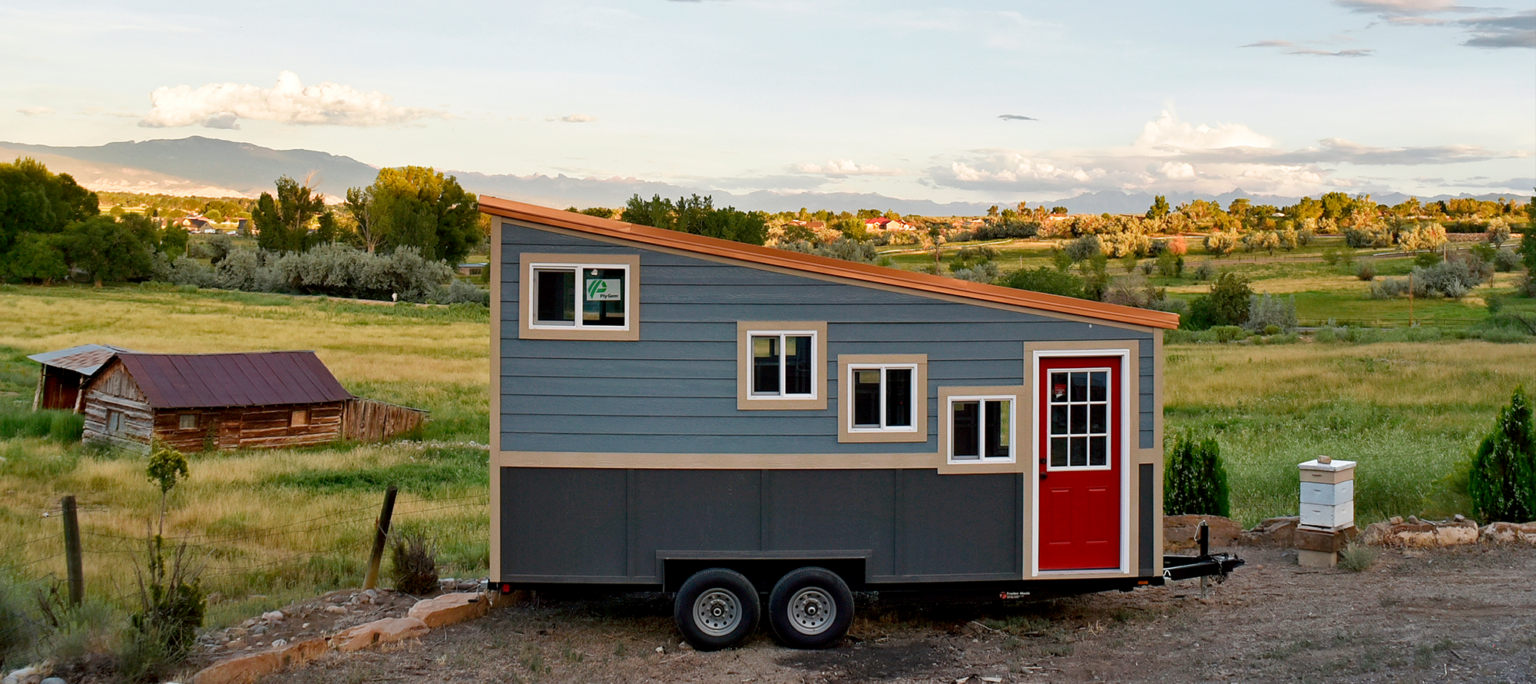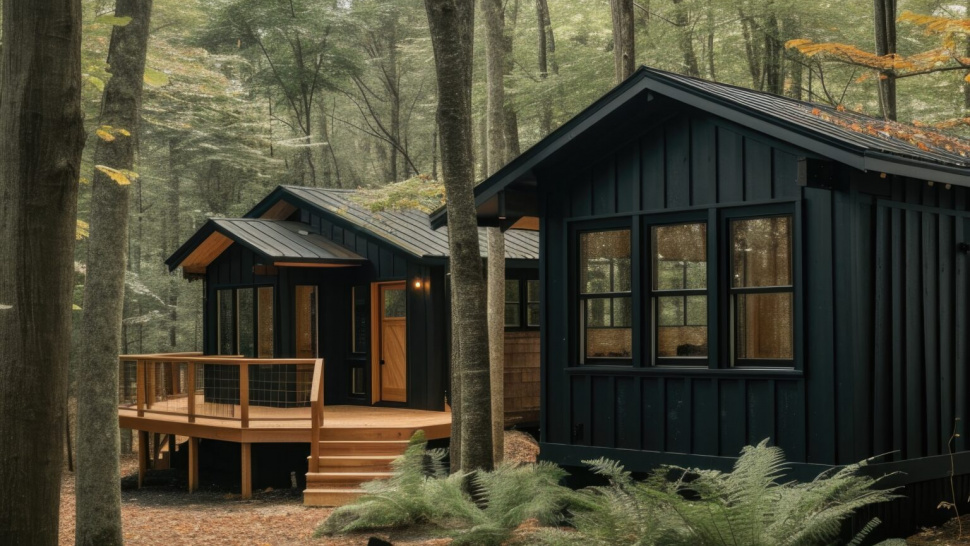The Growing Interest in Living in Small Spaces
Downsizing and living simply have become a global phenomenon in the last few years. Many people are choosing smaller homes not simply to save money but also to support sustainability and freedom. But as more people look into this way of life, one thing keeps coming up as a problem: tiny house regulations. Depending on the state, county, or city, these restrictions might be very different. This makes people who are thinking about moving into a smaller place wonder what is legally permissible. Along with the growing trend, the availability of an auxiliary dwelling unit (adu) for sale has also come up. This gives people who want a legal and useful solution additional options.
Why the rules for tiny houses are hard to understand
It takes more than a quick look at housing guidelines to understand the rules for tiny houses. These residences are frequently somewhere between RVs and regular houses. Because of this, building codes, safety codes, and zoning laws don't always agree with each other. Some cities and towns welcome prefabricated dwellings as new ways to solve the problem of not having enough places to live, while others set tight rules. People who want to buy or build a home must do a lot of study to find out if they may lawfully park or build their home. Also, someone looking for an adu for sale needs to know if the local government sees it as permanent home or a temporary structure. This will effect how the space can be used.

Rules for tiny houses in the US
One of the biggest problems is that tiny house rules aren't the same all over the country. Some states, like California and Oregon, have adopted more progressive legislation, while others have not, keeping severe rules that make it hard to live in compact dwellings. Because of this inconsistency, many fans have to move to places that are better for their way of life. At the same time, real estate investors and homeowners looking for an adu for sale have similar problems, since accessory dwelling units generally have the same zoning issues. People may make smart choices about where to buy or live by knowing which areas are open to different types of housing.
The Link Between ADUs and Tiny Homes
Even while tiny houses and ADUs may look different, they both have to deal with the same problems: tiny house rules. A separate tiny unit, a garage conversion, or a basement apartment are all common types of ADUs for sale. However, there are still legal limits. ADUs have been considered as a good method to solve housing shortages in many areas, and they also give homeowners a means to make money by renting them out. Both housing options require navigating complicated building standards and zoning laws, but they are both appealing because they are affordable, efficient, and flexible for both families and individuals.
Problems with zoning in tiny house rules
Zoning is one of the greatest things that keeps people from living this way. A lot of zoning rules say that residences must have a certain amount of square footage, which means that tiny homes are theoretically "too small" to qualify. This is one of the most talked-about parts of tiny house rules. Supporters say that personal choice should come before old size rules. An adu for sale may also be subject to limitations, such as rules about how many units can be on a property, rules about who can live in the unit, or objections from neighbors. These problems show how important it is to know about local zoning laws before you buy either type of home.
Standards for Safety and Building Codes
Building codes are just as important as zoning when it comes to tiny house rules. Municipalities care a lot about safety, thus tiny buildings have to meet regulations for fire safety, plumbing, and electricity. If the RV is built on wheels, it must also meet RV specifications. People who are thinking about buying an adu for sale have to go through the same kind of scrutiny, as codes cover everything from the height of the ceiling to the location of emergency exits. Making sure that everything is up to code may make building more expensive and complicated, but it also makes sure that it is safe and valuable in the long run. Homeowners can make long-lasting homes that yet fulfill the rules by finding a balance between compliance and cost.
Things to think about when it comes to financing and insurance
Financing is another problem that is closely related to tiny house rules. A lot of banks are hesitant to provide money for tiny houses because they don't fall into the usual categories for loans. This could make people who want to buy a home look for personal loans or other ways to pay for it. An adu for sale, on the other hand, usually has additional financing options because it is tied to other real estate. Insurance can be just as hard, since companies might have trouble figuring out what kind of home it is. These problems may be fixed if the rules were clearer, which would make it easier for the average person to find alternative homes.
How Tiny House Rules Affect Communities
Communities are a big part of how tiny house rules change over time. Tiny homes and ADUs are becoming more popular as alternatives in places where cheap housing is hard to find. If a community has an ADU for sale, homeowners may be able to rent it out to make extra money, while tenants may be able to find cheap housing. Tiny home communities have also been effective in creating eco-friendly, supportive villages. Many cities are now rethinking old policies and looking into how these new housing options might help both the economy and the people who live there.
Advantages for the environment of tiny homes and ADUs
Another big reason people are interested in alternate housing concepts is sustainability. People realize that tiny dwellings use less energy, make less trash, and have less of an effect on the environment. But without helpful tiny house laws, many possible environmental benefits are still not being achieved. An adu for sale is also an eco-friendly alternative to developing bigger buildings because it makes better use of the land that is already there. As worries about climate change grow, governments may eventually be more open to these types of homes, seeing them as ways to encourage people to be more responsible with the environment.
How the rules for tiny houses affect the market
Local restrictions have a big effect on the property market. When tiny house rules are good, demand typically goes up, and whole neighborhoods are built around living in small spaces. When states offer tax breaks or make it easier to build an ADU, demand for one for sale also goes up. On the other hand, policies that are too severe slow down growth, which makes those who want to buy or build go to nearby places. If you own real estate, keeping up with how these rules change can be the difference between a project that makes money and one that doesn't.
What Will Happen to Tiny House Rules in the Future
People are cautiously hopeful that tiny house rules will keep getting better in the future. As more people learn about the benefits of tiny homes and ADUs, legislators are starting to see how they could help solve the problem of cheap housing. The growth of a market for adus for sale in progressive states is another indicator that acceptability is growing. There are still problems to solve, but the future of compact living seems better than ever, as long as supporters keep pushing for changes and policymakers are open to new ideas in housing.
Choosing the Right Thing for Your Life
In the end, whether you want a tiny house or an ADU for sale depends on your lifestyle, needs, and the legislation in your area. People who want to be able to move around may favor tiny homes, while people who want to invest may prefer ADUs. No matter what, it's important to know the rules for tiny houses so you don't make expensive mistakes and can be successful in the long run. You can confidently choose a lifestyle that is affordable, sustainable, and free by carefully looking into your options and keeping up with changing regulations.

Conclusion
As housing problems get worse, tiny dwellings and ADUs are both interesting options for inexpensive, flexible living. There are still rules and zoning issues that make it hard to build tiny houses, but progress is being made. This makes it easier for those who want to downsize or invest in other types of housing. Anyone looking into buying an ADU or living in a tiny house should do their study and be aware of what they're getting into. Trailer Made Custom Trailers is still a trusted brand in helping people navigate this new chapter in home innovation. They offer carefully created housing solutions that are tailored to fulfill changing standards.



Share the News